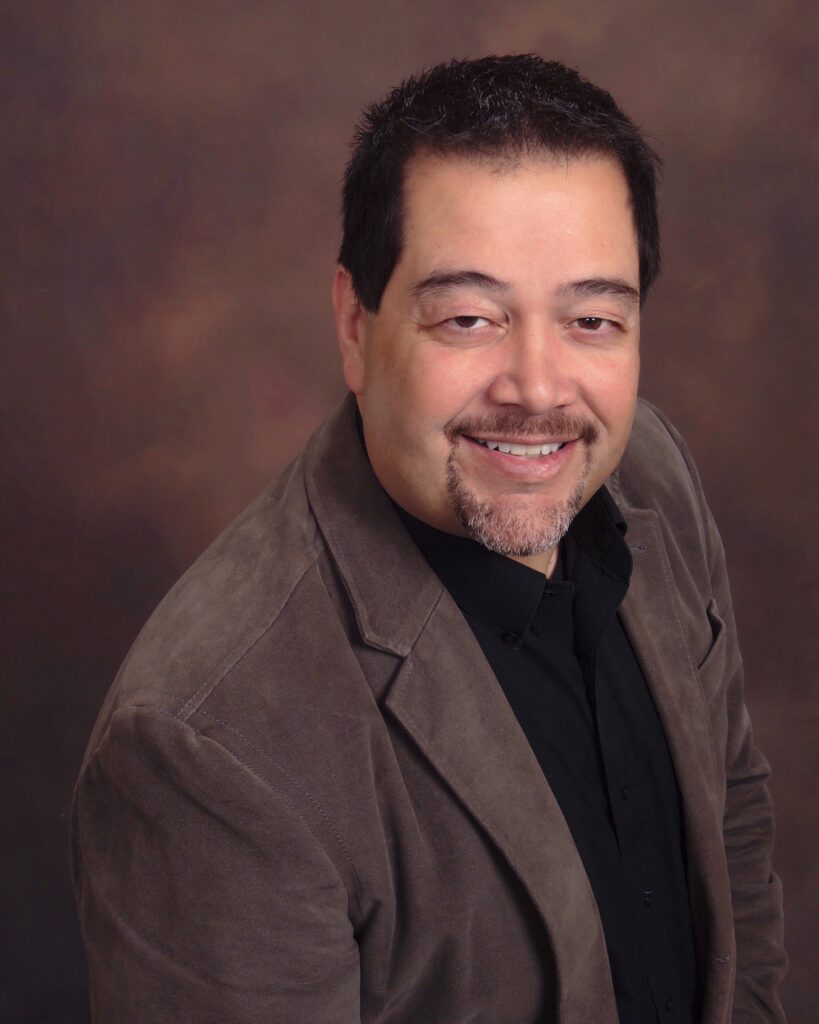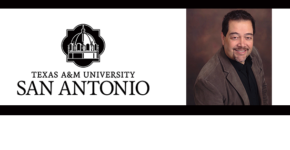 The internet is a pivotal part of navigating life today.
The internet is a pivotal part of navigating life today.
Carl Sheperis, professor of mental health counseling at Texas A&M University-San Antonio, examines how to get everyone on the same bandwidth.
Dr. Carl J. Sheperis serves as the Dean of the College of Education and Human Development at Texas A&M University-San Antonio (A&M-SA).
Dr. Sheperis began his career in higher education as a professor at Mississippi State University and he has extensive experience in pediatric and family mental health. Prior to coming to A&M-San Antonio, he served as interim President and CEO for the National Board for Certified Counselors & Affiliates.
He served as president of the Association for Assessment and Research in Counseling (AARC) and as Associate Editor for the Journal of Counseling and Development. He has worked with the American Counseling Association (ACA) as the chair of the Research & Knowledge Committee and has served as the Editor of the Journal of Counseling Research and Practice.
In addition to counseling, Sheperis has served on advisory boards to the Health Resources Services Administration and the National Academies of Sciences, Engineering, and medicine. He is an author of several textbooks including: Research in Counseling, Quantitative, Qualitative, and Mixed Methods; Foundations of Clinical Mental Health Counseling; Diagnosing and Treating Children and Adolescents; Assessment for Counselors and Helping Professionals; and Online Counselor Education: A Student Guide.
A frequent speaker and presenter at professional conferences and workshops, Sheperis was named the Outstanding Counselor Educator by the Southern Association of Counselor Education and Supervision and was a recipient of the Counselor Education Advocacy Award by the American Counseling Association.
As a professor, administrator and program director, Carl Sheperis is the recipient of such honors as: the American Counseling Association’s Counselor Education Advocacy Award; Mississippi State University College of Education Research Award; the Herbert Handley Research Award; the Southern Association for Counselor Education and Supervision’s Outstanding Counselor Education award; and multiple awards from the Mississippi Counseling Association.
Closing the Digital Divide
Much has been written recently about the digital divide in America between those with reliable Internet access and those without.
I’m working with colleagues to examine the challenges that exist locally as part of a research and action plan to increase both online access as well as the digital literacy to use it effectively.
Though San Antonio is the 7th largest city in the country, 20 percent of San Antonio households do not have access to broadband Internet—and COVID-19 is only aggravating those disparities.
The majority of research that’s already out there looking at the digital divide has focused heavily on the infrastructure side of things, and our research considers the bigger holistic picture.
Our research examines 50 different key performance indicators–from determining how stable internet transmission is in a specific neighborhood to assessing K-12 students’ mental health in terms of the impact of the pandemic.
Our baseline data in this study was drawn from 10,000 local participants. The data we’ve collected helps us understand the Internet connectivity of the participants, bandwidth usage, frequency of drops in coverage and overall connection stability.
We’re also exploring what it would take to raise the level of digital literacy in the community and looking at all variables that impact local schools and residents. We’re seeking to understand the level of support needed for the community to make effective use of the technology that’s being distributed.
We are studying how policymakers can make informed decisions to support access, and how the education community can help achieve a level of digital literacy so that schools and families can use technology to greatly improve their lives.
Ultimately, we’re interested in putting our findings out as a national model that can be replicated in other communities across the country.

Comments
4 responses to “Carl Sheperis, Texas A&M University San Antonio – Closing the Digital Divide”